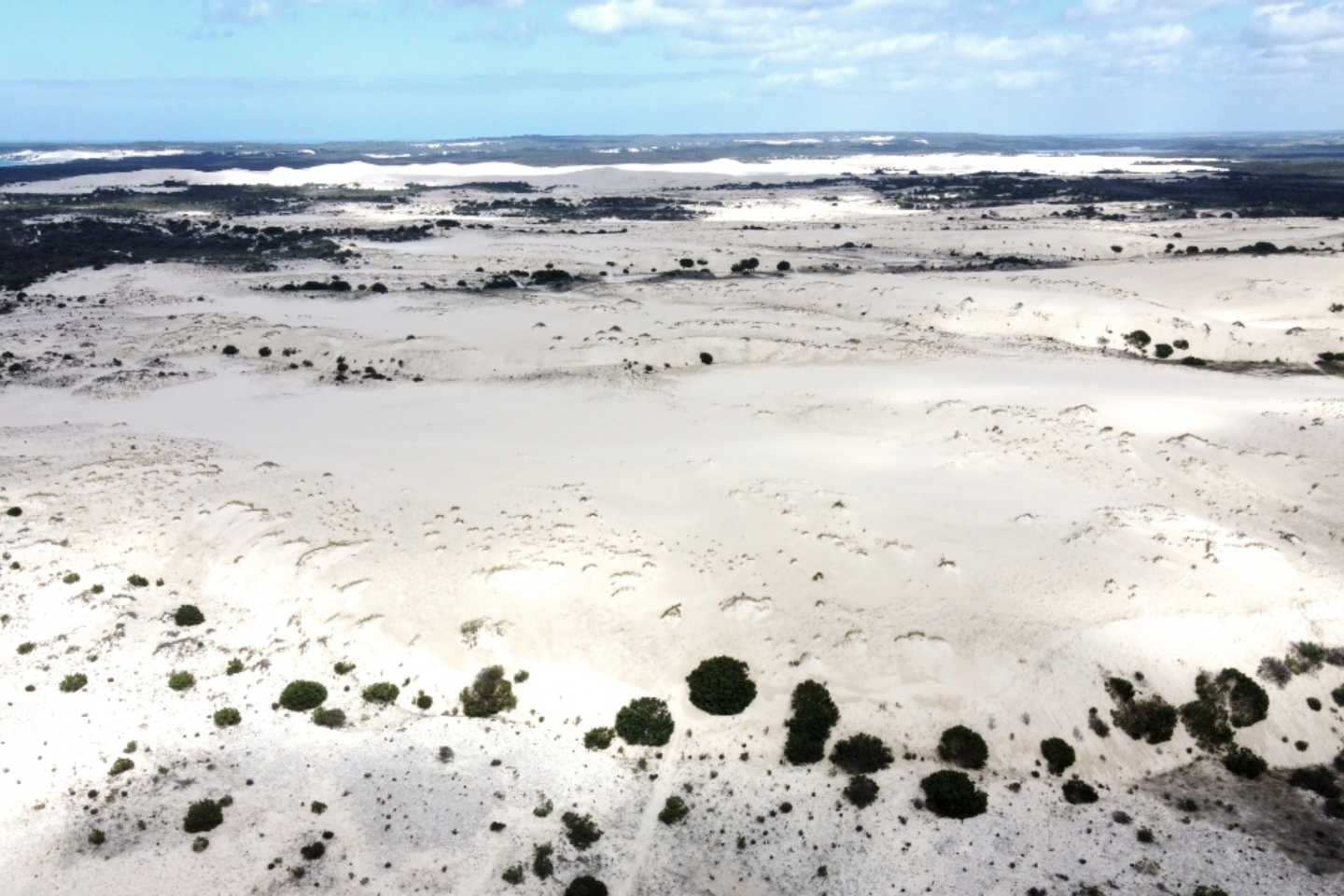Allup Silica has readied itself for drilling as early as next month in a bid to fast-track the development of its 100 per cent-owned McLaren heavy mineral sands project near Balladonia in WA as it pushes forward with a prefeasibility study. The infill drilling is aiming to refine the project’s existing resource estimate and ultimately target a 200 million-tonne deposit.


Allup Silica has readied itself for drilling as early as next month in a bid to fast-track the development of its 100 per cent-owned McLaren heavy mineral sands project near Balladonia in Western Australia as it pushes forward with a prefeasibility study (PFS).
A new phase of infill drilling, to be managed by Environmental Resources Management (ERM), is aiming to refine the project’s existing resource estimate. The company is targeting 200 million tonnes, which would ultimately be sufficient for a 20-year mine life.
Results from drilling are then expected to provide it with the relevant data to be able to update the resource early next year, with the full PFS expected to be handed down three months later.
A 2018 metallurgical testwork program, conducted by IHC Mining Consultants, analysed a bulk sample from the McLaren deposit containing 7.2 per cent heavy minerals, of which 56.3 per cent is ilmenite. The results showed that the material could be easily beneficiated using conventional mineral sands processing techniques to deliver high recovery rates for both titanium and zircon.
In particular, the test program confirmed that, once the material was passed through the wet concentration and beneficiation plants, the recovery was 75 per cent ilmenite, altered ilmenite and titanium dioxide minerals. The overall recovery of the titanium minerals was 57 per cent, while zircon recovery ran to 70 per cent.
Additionally, the slimes – or residual clay impurities – were significantly reduced to less than 200 grams per tonne once a 3 per cent gypsum settling agent was added.
As a final product, the ilmenite was judged to be of sufficient grade to be a sulphate ilmenite, while the rutile was typically 95.7 per cent titanium dioxide with only 1.5 per cent iron impurity. The zircon had less than 265 parts per million uranium and thorium, which is considered low by industry standards.
Armed with the results, the company’s current PFS plans have outlined a 10 million tonnes per annum (tpa) mining throughput using dry mining unit technology to produce up to 400,000tpa of ilmenite.
Allup’s development comes at a time when global demand for titanium dioxide is surging. The ilmenite market surpassed US$8.8 billion (AU$12.9 billion) last year and is expected to grow at a compound annual growth rate (CAGR) of more than 8 per cent until 2032, driven by the construction and automotive industries.
So, it seems the project and its timing are positioning Allup to be able to contribute to the growing demand for titanium dioxide, which apart from being a key component in paints, coating and plastics, is also increasingly being used in emerging technologies such as batteries and hydrogen production.
Is your ASX-listed company doing something interesting? Contact: matt.birney@businessnews.com.au













